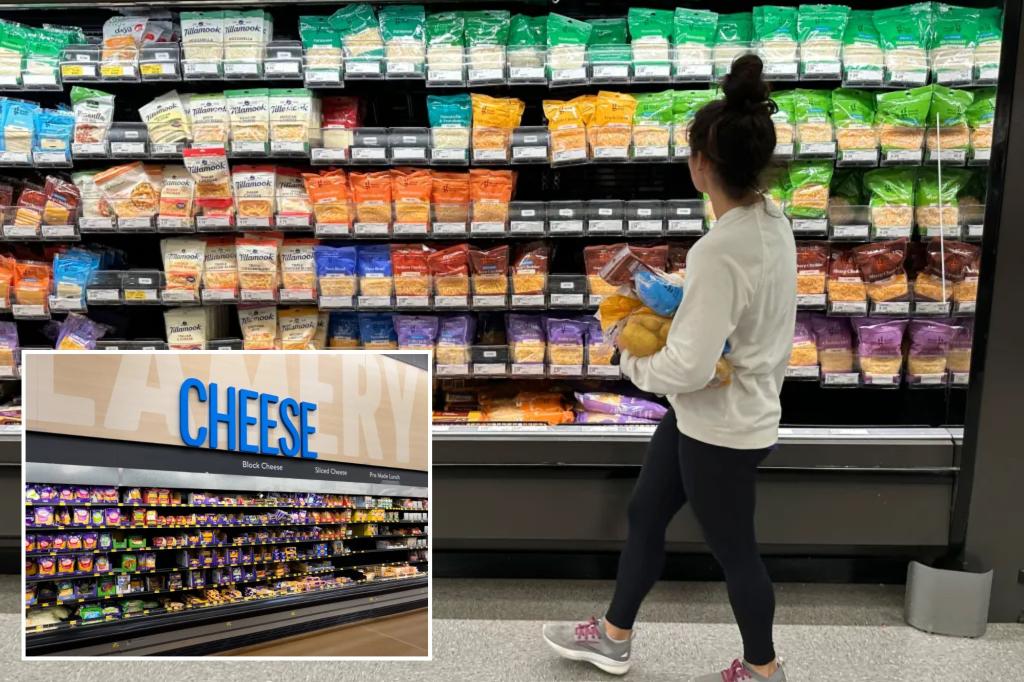A bill known as the Packaging Reduction and Recycling Infrastructure Act is being pushed by New York environmentalists and politicians to decrease the use of plastics. This bill would require companies with net incomes over $1 million who sell or distribute food or products to reduce plastic and other packaging that ends up in landfills or waterways by 50% over the next 12 years. Additionally, a fee would be imposed on companies that use plastic packages, with the money going toward recycling programs and infrastructure. The goal is to shift the responsibility of recycling from municipalities to producers of products and establish sustainable packaging solutions.
The state of New York produces approximately 15 million tons of waste each year, much of which ends up in landfills or water. This creates environmental issues and contributes to pollution in natural habitats and water sources. The bill aims to address this issue and ensure that companies are taking responsibility for the waste they generate. Four states, including Maine, Oregon, Colorado, and California, have already implemented similar programs to reduce plastic and other packaging waste. The bill would have a significant impact on grocery stores, food manufacturers, and the toy industry that package products in vacuum-sealed wrapping for protection.
Leading environmentalist Judith Enck supports the bill and emphasizes the importance of addressing the plastic crisis. She notes that substituting plastic packaging with alternatives such as paper could help reduce waste and protect the environment. Enck points out that it costs New York City $420 million a year to transport and dispose of its trash, and manufacturers should be more accountable for their waste production. While some companies like Starbucks are voluntarily reducing plastic use, the bill would enforce stricter regulations on packaging to reduce waste and protect the environment.
Opponents of the bill, including representatives from the National Association of Supermarkets and the Toy Association, argue that banning plastic packaging could lead to higher grocery bills and pose risks to product safety. They express concerns about the potential increase in food wastage and reduced access to essential products, particularly for low-income individuals. Plastic packaging is seen as essential for preserving food and ensuring product safety during transit and storage. Critics warn that removing current packaging tools without viable alternatives could result in higher costs and compromised product quality.
Despite opposition from food manufacturers, supermarkets, and the toy industry, the anti-plastic packaging bill has advanced out of the environmental committees in both the Senate and Assembly. It will now be reviewed by the Senate Finance Committee and Assembly Codes Committee. Supporters of the bill believe that reducing plastic packaging waste is crucial for protecting the environment and reducing pollution. By holding companies accountable for their packaging practices and encouraging the use of sustainable alternatives, the bill aims to mitigate the impact of plastic waste on landfills, waterways, and natural habitats. The future of packaging in New York could see significant changes if the bill is passed into law.


